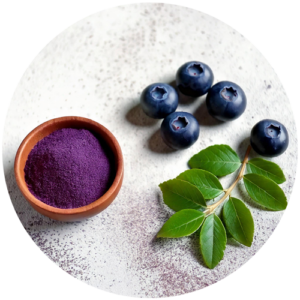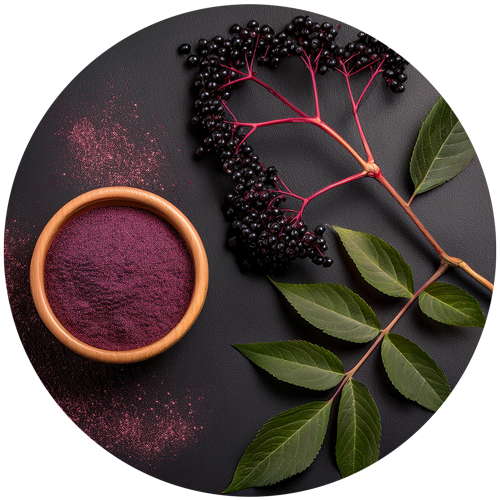Europe
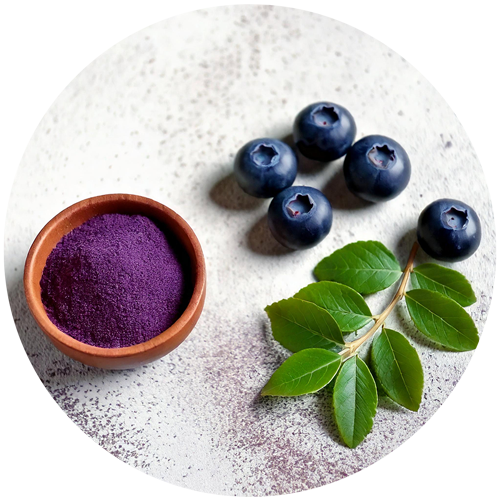

BILBERRY
Vaccinium myrtillus L. Upper airways
Upper airways  Cardiovascular system
Cardiovascular system  Blood glucose
Blood glucose  Cognitive function
Cognitive function  Renal function
Renal function  Digestion
Digestion  Vision
Vision  Circulation
Circulation  Joints
Joints  Antioxidant
Antioxidant Bilberry, Vaccinium myrtillus, rich in anthocyanins and polyphenols, supports cell protection, eye health and contributes to a healthy metabolism.
Our references
Regulations
and analysis
Identification : TLC
Data on traditional use
Cahier de l’agence du Médicament (France): (fruit or leaf)
- Traditionally used to reduce the sensation of heavy legs
- Traditionally used to soothe abdominal pain of digestive origin.
- Traditionally used to slow transit
EMA monograph: (fruit)
- Traditionally used to relieve symptoms of leg discomfort and heaviness.
- Traditionally used to slow intestinal transit
Canadian monograph: (fruit)
-
Traditionally used to slow intestinal transit and for heavy legs
German monograph :
- Used for blood sugar control, gastrointestinal disorders, kidney and urinary tract health, joints, and to improve circulation (leaf).
- Used to slow intestinal transit and soothe the mucous membranes of the mouth and throat (fruit)
Association ideas by health benefice
Select one or more axes:
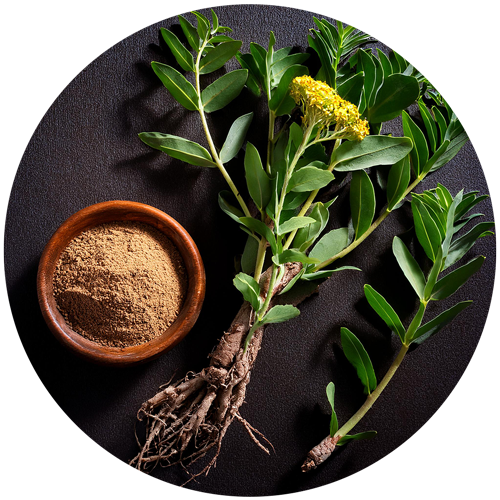
Premium
Rhodiozen – Preserving your physical and mental well-being.
Rhodiola rosea L.
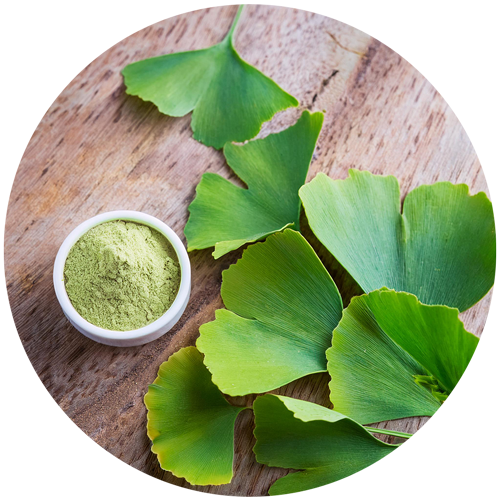
GINKGO BILOBA
Ginkgo biloba
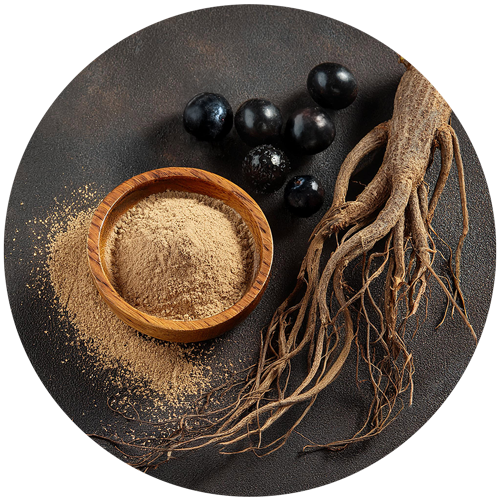
ELEUTHEROCOCCUS
Eleutherococcus senticosus Maxim.
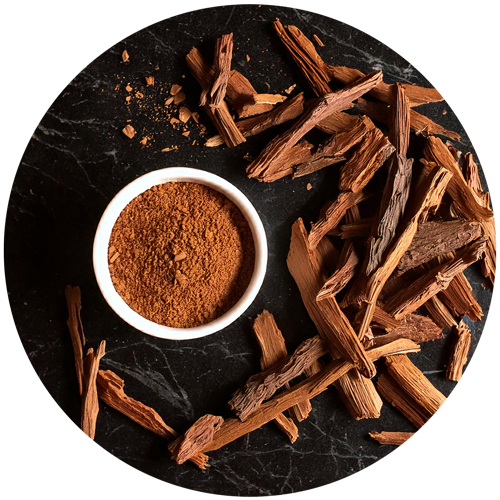
PINE
Pinus pinaster
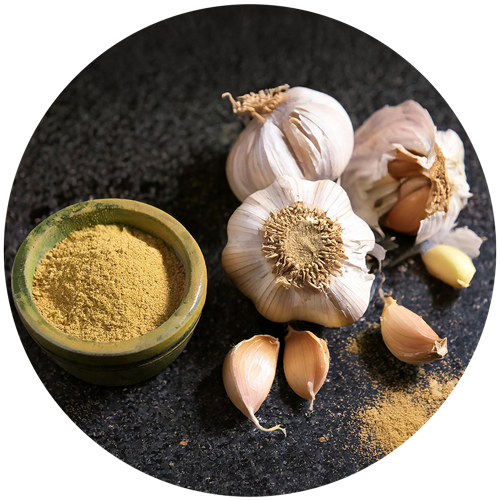
GARLIC
Allium sativum L.
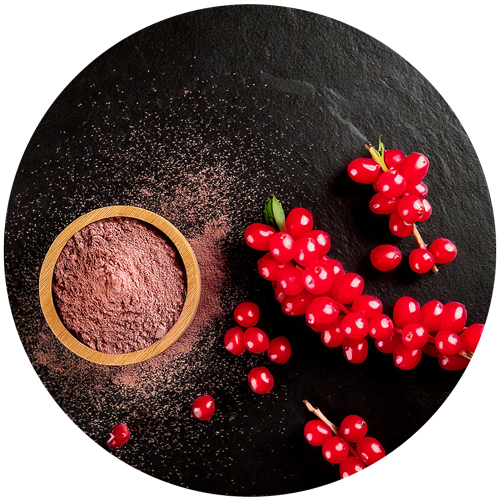
POMEGRANATE
Punica granatum L.
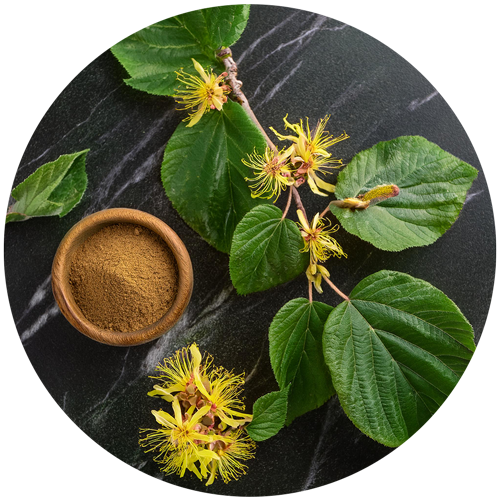
WITCH HAZEL
Hamamelis virginiana L.
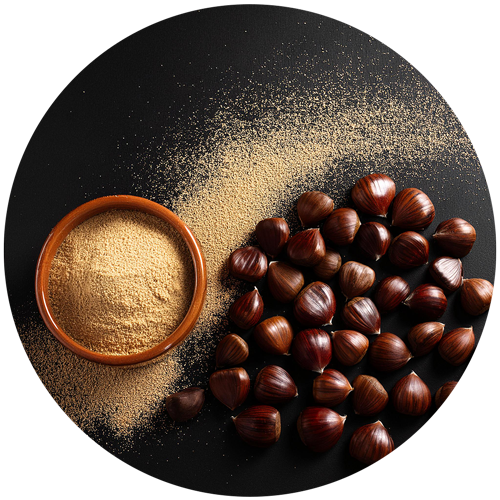
HORSE CHESTNUT
Aesculus hippocastanum L.
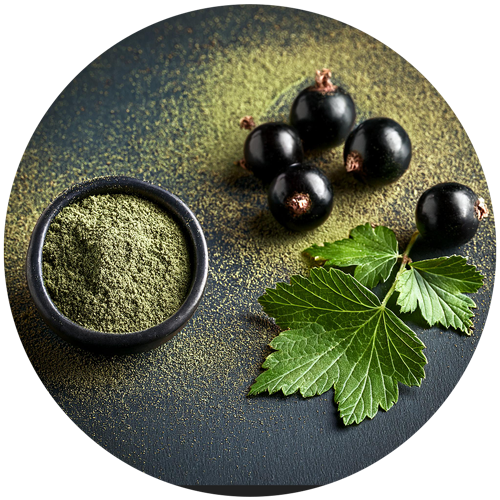
BLACKCURRANT
Ribes nigrum L.
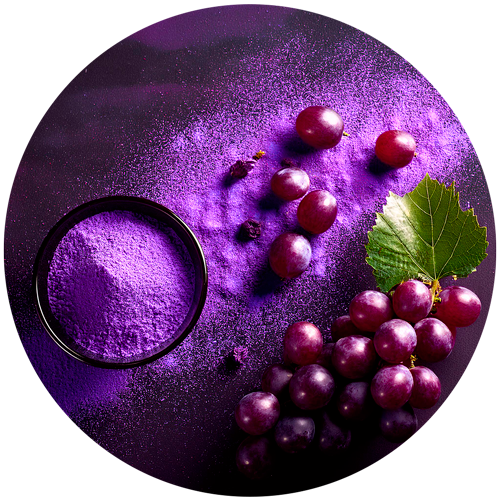
Res’vine: an extract titrated with resveratrol for overall well-being!
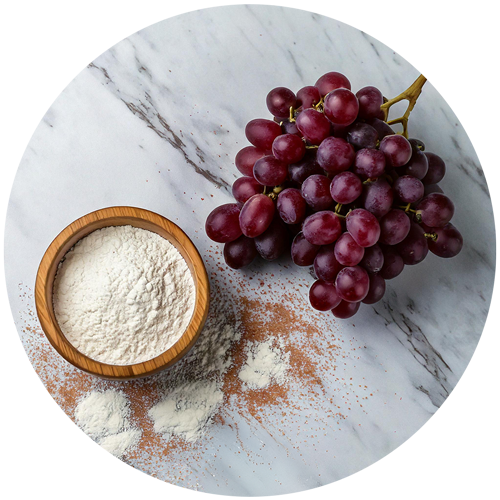
GRAPE SEEDS
Vitis vinifera L.
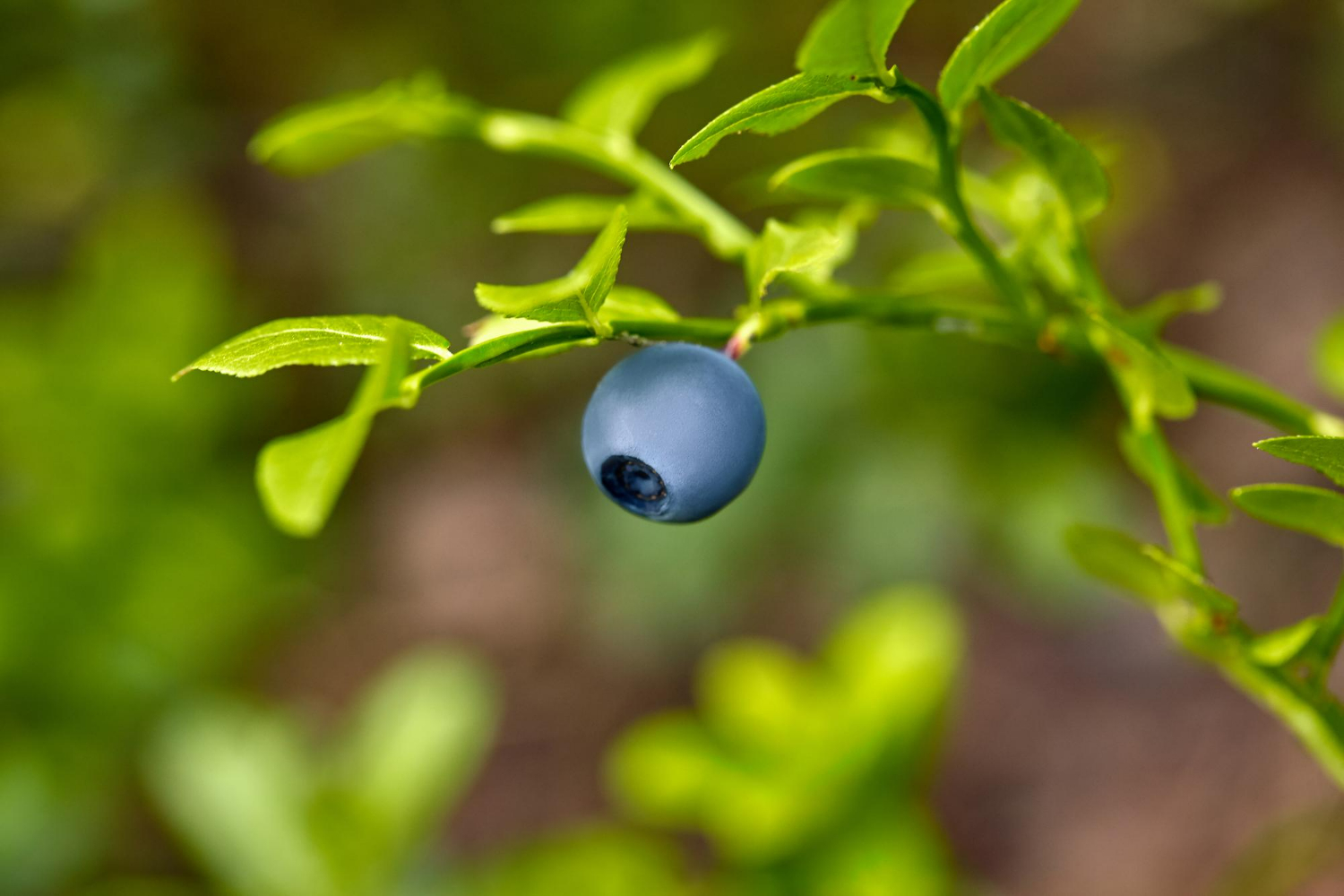
Detailed description
The Bilberry, Vaccinium myrtillus, a small blue-black fruit in the Ericaceae family, is native to temperate and mountainous regions of Europe and Asia. It is renowned for its functional benefits and exceptional nutritional profile.
Bilberry fruit is rich in anthocyanins, the natural pigments responsible for its dark color and antioxidant properties. These compounds, combined with other polyphenols, flavonoids and phenolic acids, help protect cells against oxidative stress and promote optimal metabolic balance.
Traditionally, bilberry has been used to support eye health and improve blood circulation. It has also been studied for its beneficial effects on blood sugar management, thanks to its role in inhibiting the enzymes responsible for breaking down carbohydrates.
In addition, bilberry’s anthocyanins help reinforce natural defense mechanisms, making it a valuable ingredient in formulations aimed at general well-being.
